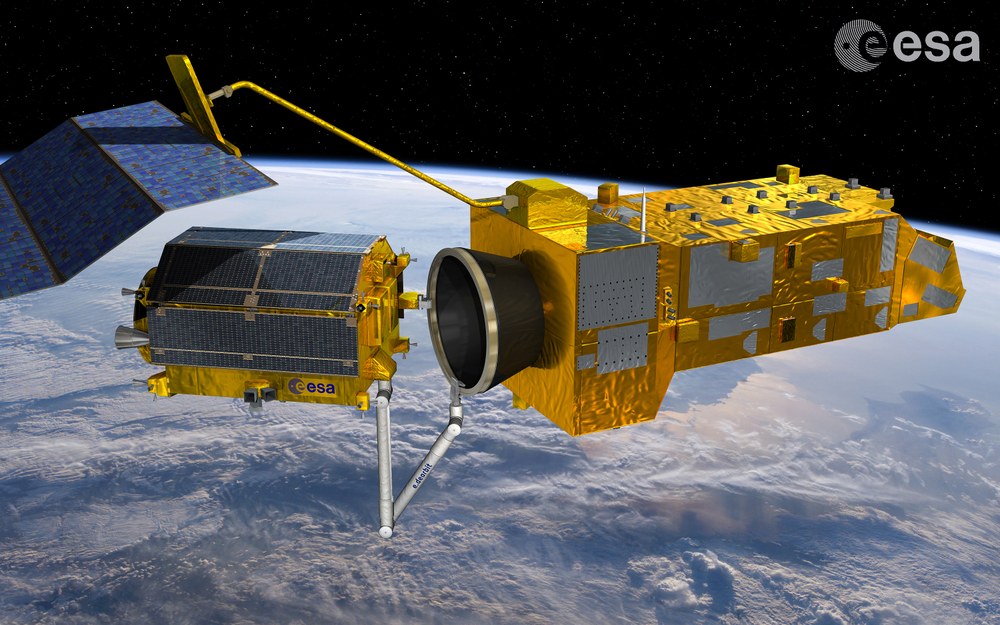Resilient Satellite Control

ESA
The term "resilient satellite control" refers to systems that make the operation and management of satellites more resistant to a variety of challenges and threats. This includes the protection of satellites and their control systems against physical threats such as debris or enemy attacks, but also against non-physical threats such as cyber attacks or disruptions caused by events such as coronal mass ejections (CMA). As part of our research activities on this topic, we are focussing on the following aspects:
- Redundancy: This involves the implementation of several independent systems to ensure that the failure of one system does not lead to a total loss of satellite control
- Robustness: The systems should be designed to withstand a wide range of environmental conditions and potential threats
- Cybersecurity: With the increasing threat of cyber-attacks, robust satellite control also includes advanced security measures to protect data transmission and ground segment control systems
- Automation: Satellite control efficiency and responsiveness to threat situations are improved through the use of automated systems
- System of Systems (SoS): Coordination and integration of the various systems that are crucial for maintaining the function of the overall system. The focus here is on the development of effective control and optimisation of the interactions between the individual systems to ensure that the overall objectives can be achieved
- Rapid adaptability: The ability to respond quickly to unforeseen events or conditions is a key characteristic of resilience. Artificial intelligence (AI) can be used here to adapt the ability to react to unusual or changing situations or to recognise new types of hazardous situations
- Collaboration and data sharing: Collaboration between different organisations and the sharing of relevant data can also contribute to resilience through more comprehensive monitoring and faster responses
- Collaboration and data sharing: Collaboration between different organisations and the sharing of relevant data can also contribute to resilience through more comprehensive monitoring and faster responses
Resilient satellite control is crucial for the protection and uninterrupted operation of critical infrastructures such as communication, navigation and weather monitoring satellites, the failure of which can have far-reaching and serious consequences.
